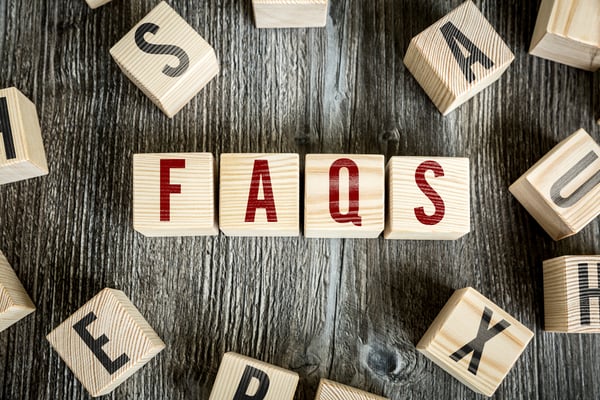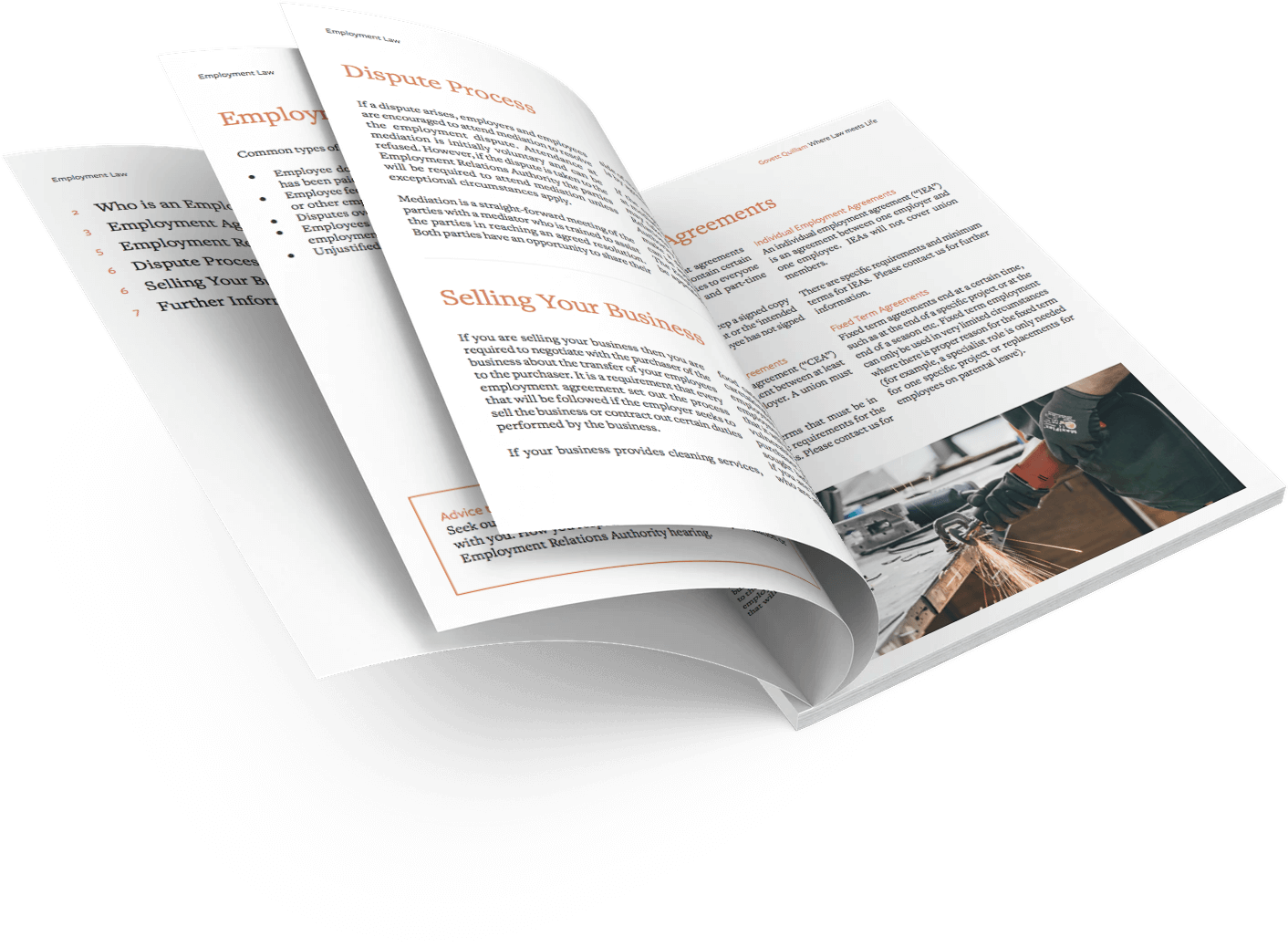 Answers to some common questions about how the wage subsidy works.
Answers to some common questions about how the wage subsidy works.
I am self-employed. Can I apply for the wage subsidy?
Yes. All New Zealand employers, contractors, sole traders, self-employed people, registered charities, non-governmental organisations and post-settlement government entities and incorporated societies can apply for the wage subsidy.
To qualify for the wage subsidy:
- The business must be registered and operating in New Zealand;
- Employees must be legally working in New Zealand;
- The business must have experienced a minimum 30% decline in actual or predicted revenue over the period of a month when compared with the same month last 2020;
- The business must have taken active steps to mitigate the impact of COVID-19;
- The business must make best efforts to retain employees and pay them a minimum of 80% of their normal income for the subsidised period.
What does a 30% decline in revenue mean?
A 30% decline in revenue means a business that has experienced a 30% decline in:
- Actual revenue; or
- Predicted revenue; and
- That decline is related to COVID-19.
The business must experience this decline between January 2020 and 9 June 2020.
It is important to note that decline in revenue applies to predicted revenue as well as actual revenue – accordingly, we encourage businesses to apply for the wage subsidy now if they forecast a 30% decline in revenue. You do not have to wait until that decline in revenue has happened.
How much is the wage subsidy and how is it paid?
The wage subsidy is paid at a flat rate of
- $585.80 for people working 20 hours or more per week;
- $350.00 for people working less than 20 hours per week.
The subsidy is paid to the employer as a lump sum and covers 12 weeks per employee.
This subsidy is to be used for wages only. The Government has advised that any employers who use the wage subsidy for other business expenses may be subject to fraud investigation.
Do I need to advise my employees that the business is applying for a wage subsidy?
Yes. The application for the wage subsidy requires employee’s names, date of birth, IRD number and if they work more or less than 20 hours per week.
Employers must seek their employee’s permission (in writing if practicable) to their information being provided to the Ministry of Social Development.
Is the wage subsidy taxed?
The wage subsidy must be processed as part of the employee’s normal wages. Therefore the usual deductions such as PAYE, Student Loan, KiwiSaver continue to apply.
The wage subsidy is exempt from GST.
What if I am unable to pay my employees 80% of their normal income?
To be eligible for the wage subsidy, for the duration of the wage subsidy (12 weeks), employers must make best efforts to:
- Retain those employees the subsidy was intended to be paid for; and
- Continue to pay those employees at least 80% of their normal wage or salary.
The requirement is that you undertake “best efforts”, therefore is not an absolute requirement. We suggest that you clearly record all efforts taken to pay employees 80% of their normal pay. Where it is not possible to pay employees 80% of their normal income, and in particular where a business has shut down, employers must pass on at least the whole value of the wage subsidy to each affected worker.
Am I able to terminate an employee’s employment while receiving the wage subsidy?
No. Businesses receiving the wage subsidy must undertake to keep employees in employment for the period of the wage subsidy.
Can the wage subsidy be topped up with leave entitlements?
Employers and employees can agree to use their annual leave entitlements to top up the wage subsidy to ensure that 80% of their normal income is met (or alternatively 100% of their income if this is agreed between the employer and the employee).
Generally, sick leave can only be used in instances of sickness or injury and accordingly should not be used to top up the wage subsidy.
We suggest that accurate record keeping is kept regarding how an employee’s pay is structured during the wage subsidy period.
Do I need to repay the wage subsidy?
As part of the wage subsidy application, businesses must sign a declaration that confirms that they understand that there is an express agreement to repay the subsidy if the business is not entitled to or stops being entitled to receive the subsidy.
Therefore you must notify MSD affecting your eligibility for the wage subsidy, including:
- Any resignations, redundancies or significant changes affecting jobs;
- Any decision to reduce hours for current employees which would bring employees under 20 hours a week;
- Any agreement to pay less than the required 80% of ordinary salary or wages (including unpaid leave);
- Closure of the business; or
- The receipt of funds from a business continuity insurance claim.
For more information on the Wage Subsidy Scheme, please see here and for our previous articles here.
For more information on COVID-19 and its impact on your organisation, please contact our Employment Team (Troy Wano, Rebecca Eaton and Rochelle Farmer) on 06 768 3710 or 06 768 3716.






.png)

